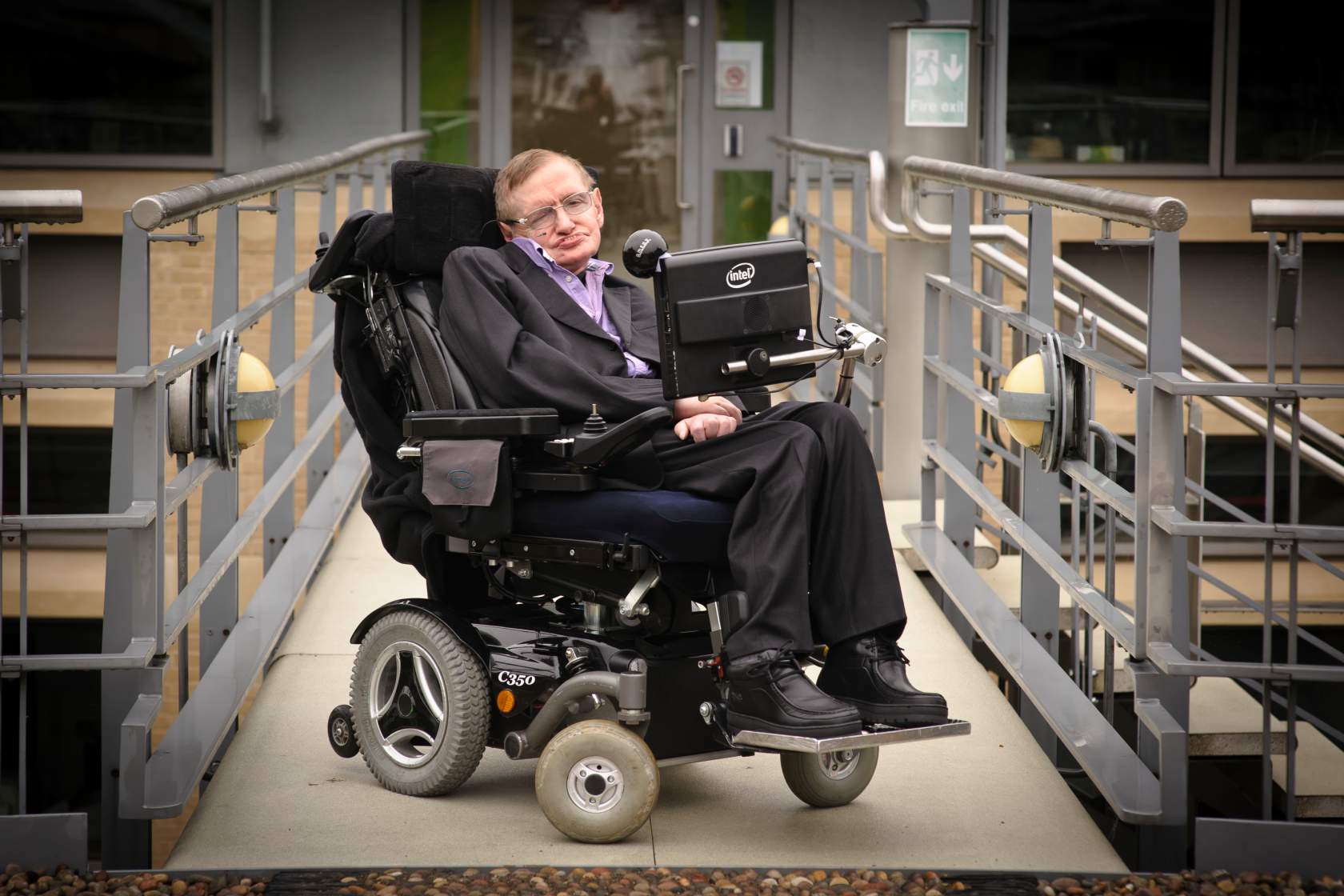
Thing is, when it comes to inclusion, what financial products would you create for people who are blind, deaf, have lost limbs and more? I’ve seen people debating this point over the years, but I haven’t seen much done. Talking ATMs with brail numbers is about it.
Thing is, as mentioned yesterday, this is a huge market ($2 trillion) with 15% of the global population falling into the category of a person with disability. So, what is there out there that is innovative for people with alternative abilities?
Not much it seems. I asked my LinkedIn and Twitter crowd to tell me what innovations they had spotted around these areas and got just two answers.
Most companies would want to hold on to the staff that they have trained for years, but BECo, a sustainable and social enterprise soap brand based in the UK, is encouraging other brands to poach them.
While this might sound bizarre at first, the reason behind it is marvellous. It’s because 80 per cent of BECo’s incredible workforce is disabled, and the brand wishes to help increase the percentage of employment for disabled workers … to raise awareness of this ‘Disability Employment Gap’ and change employers’ outdated attitudes towards people with disabilities, BECo came up with a unique campaign titled #StealOurStaff.
It began printing its employees’ CVs on the soap’s packaging, and made them available in more than 500 stores across the country to reach potential employers …
Yet that is one of the only few I could find.
Nevertheless, there are two developments that HSBC has championed, copying from other innovators like Starling Bank, Monzo and more.
The first is the ability to watch elderly relatives’ accounts to ensure they are not compromised. Here’s the low-down from the South China Morning Post
HSBC first to offer dementia-friendly banking service in Hong Kong
The new account addresses the need for such services as between 20 to 30 per cent of Hong Kong residents over the age of 80 suffer from dementia disorders like Alzheimer’s
The bank account, which HSBC says is the first of its kind in Hong Kong and second for the lender globally after the UK, enables customers living with dementia to retain access to a bank account, but one with limited features and additional control by a legal designee, such as a son or daughter.
The second is a new card with a vertical design (lucky it’s not teal coloured):
HSBC joining the bank card accessibility push with new ‘vertical’ designs
Not only is the bank adopting the ‘dot and notch’ system to help customers with sight loss, but the cards also have larger numbers in contrasting colours and were designed in partnership with charities including Alzheimer’s Society.
The focus on the elderly is admirable, as is those who have lost sight, but what about those who have lost limbs? Well in this area HSBC gets the worst ratings, according to the UK consumer group Which?
In their report, it is also interesting to see what challenges people have when dealing with banks. Here’s the Which? list:
Telephone banking
36% find it fairly or very difficult to do their banking on the phone
Banking in person
41% of the disabled people in our survey said that they’ve suffered because of branch closures, rising to 54% of NatWest customers and 58% of Barclays customers.
Digital barriers
18% of people find it fairly difficult or very difficult to use their bank’s security measures, rising to 30% of those with memory difficulties.
Communication preferences
14% of disabled customers in our survey rated their banks as fairly poor or very poor at respecting their communication preferences.
Banks publishing unreliable accessibility data
Lloyds told us that all branches have hearing loops, yet its own reports state this figure is only 2%. The bank told us it’s ‘looking into why this is the case’.
From my personal perspective, I am surprised by the lack of facilities that focus upon financial inclusion of those who are disabled or elderly. This will be a hot market space for start-ups and banks to differentiate and offer improved services over the next few years. Maybe we should call it #FinTech4All.
Chris M Skinner
Chris Skinner is best known as an independent commentator on the financial markets through his blog, TheFinanser.com, as author of the bestselling book Digital Bank, and Chair of the European networking forum the Financial Services Club. He has been voted one of the most influential people in banking by The Financial Brand (as well as one of the best blogs), a FinTech Titan (Next Bank), one of the Fintech Leaders you need to follow (City AM, Deluxe and Jax Finance), as well as one of the Top 40 most influential people in financial technology by the Wall Street Journal's Financial News. To learn more click here...


